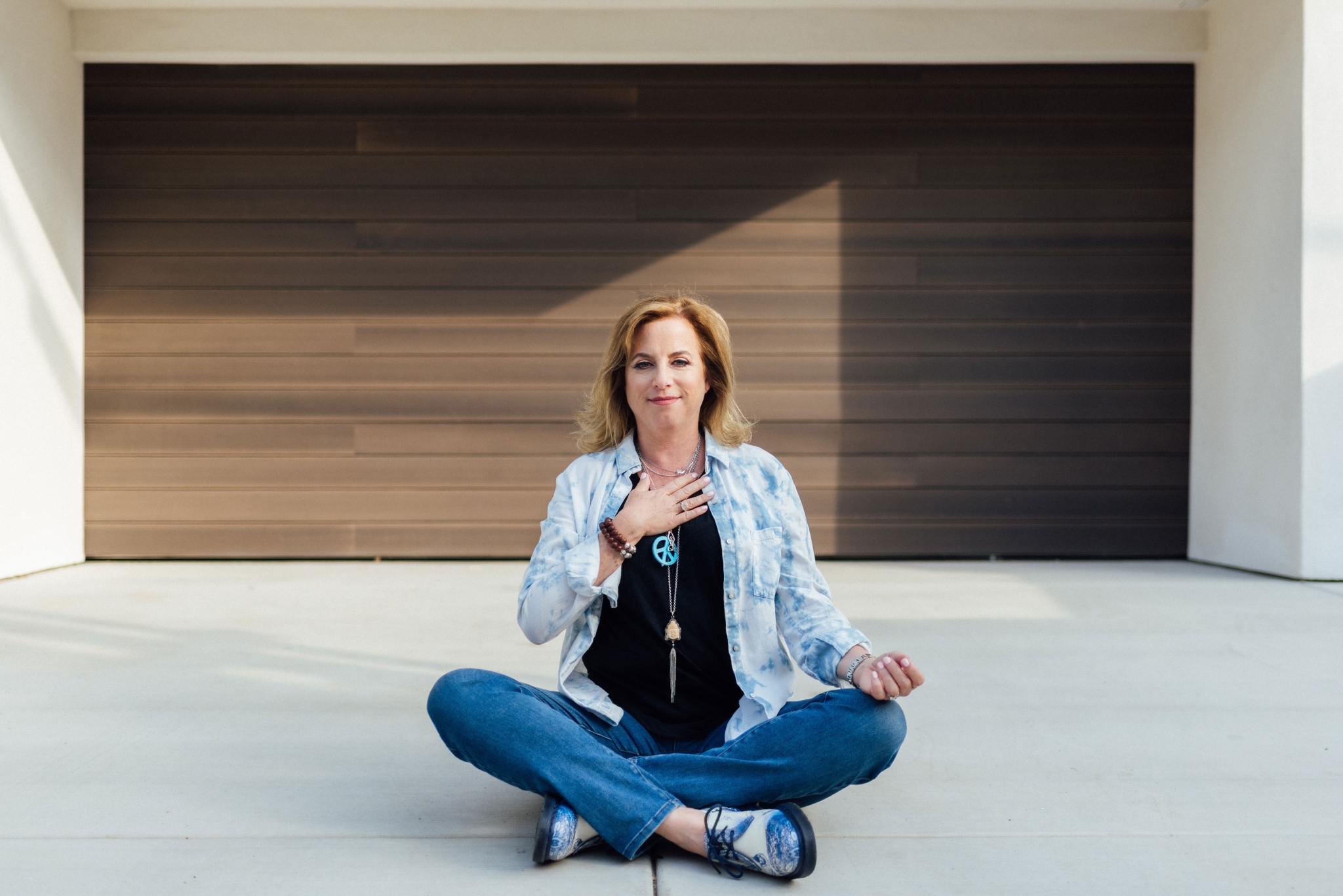
Valentine’s Day isn’t sweet and romantic for everyone. It can be very painful for people who have loved and lost, or those who feel sad and stressed about being single. According to the Mayo Clinic, holidays often exacerbate stress and depression. What’s more, many people struggle to receive the meaningful social interaction they crave, and the resulting loneliness can be especially intense.
Here are five mindfulness tips for anyone who feels sad or lonely this Valentine’s Day:
- Be Your Own BFF: Be your own BFF so you can always count on YOU. Start by treating yourself like you would a dear friend. Say Loving Kindness phrases to yourself like, “You are loved. You are whole and complete just as you are. You are always enough.” Make a joy list and pick something from it to do on Valentine’s Day. Write yourself a love letter, letting yourself know just how wonderful you are.
- Comfort Yourself with Soothing Touch: Put a hand over your heart. Wrap your arms around yourself. Give yourself a gentle touch on your cheek, shoulder, or belly. Wherever touch feels most soothing and comforting to you, give that to yourself. This gentle touch activates your body’s mammalian caregiver response and releases oxytocin and opiates in your brain to counteract cortisol, the stress hormone. Try different spots out on yourself and see what works for you. If you’re in public and feel the need for comfort yet want to be discreet, pick a soothing touch that isn’t as obvious to others, such as softly holding your arms or placing one hand in the other.
- Change the Channel: Focus mindfully on a positive mental state from a memory — one that really fills you up with peace, calm, and joy. The more deeply you can feel those positive feelings and breathe into them, the more you will begin to turn that positive state into a neural trait. Rewire your brain for more happiness and resilience.
- Boost Your Self-Care by Volunteering: Add volunteering to your self-care regimen. Helping others has been shown to support our own mental health and happiness, so poke around online or ask your neighbors to see what local volunteer opportunities are available. From feeding the homeless to walking local shelter dogs, giving your mindful attention to an altruistic activity will stop you from ruminating and feeling stuck in a loop of unhelpful, painful thoughts.
- Spend Time with a Pet: For those of you who don’t have a pet, it doesn’t even have to be your pet! As illustrated by the work and research of groups like animal-welfare initiative Mutual Rescue, animals can have a life-changing positive impact on people. Practice being mindfully present with a pet. Let some of their unconditional love touch your life and see for yourself.
BONUS: Try some of my free guided meditations on the Insight Timer App.

